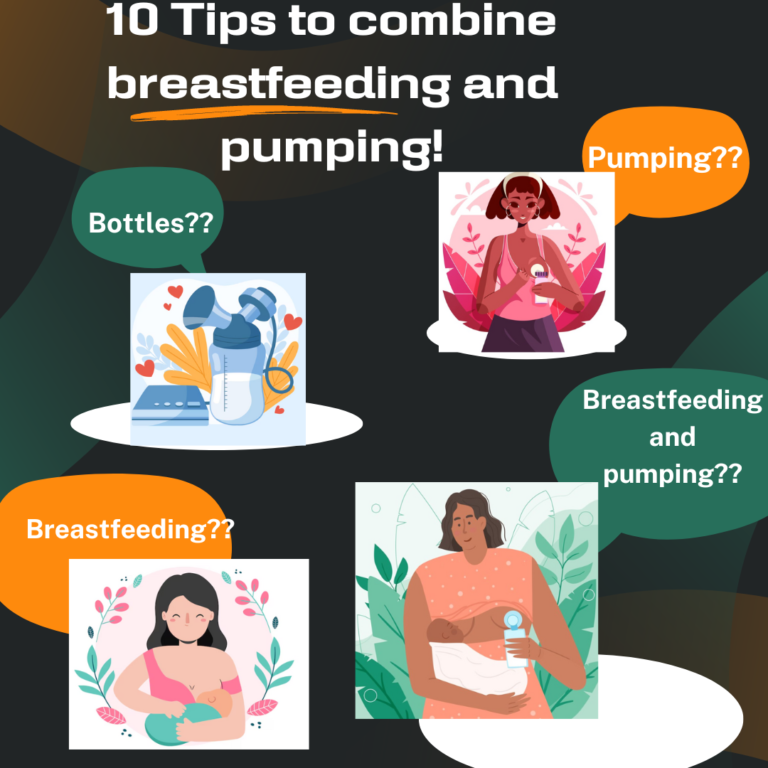Caresses of Preparation: Braxton Hicks’ Prelude to the Miracle of Birth

Braxton Hicks contractions, often referred to as “practice contractions,” are a natural part of pregnancy. These contractions can be both puzzling and concerning for expectant mothers, especially if it’s their first pregnancy. In this article, we’ll address common questions about Braxton Hicks contractions, including how long they last, when they start, and how to distinguish them from true labor.

What are Braxton Hicks Contractions? When Do They Start?
Braxton Hicks contractions, often referred to as “false labor,” are intermittent uterine contractions that pregnant individuals may experience. They are named after the doctor who first described them. These contractions are essentially practice contractions for the uterus in preparation for real labor. Here’s what you need to know:
- Definition: Braxton Hicks contractions are sporadic and irregular contractions of the uterine muscles that can occur during pregnancy, particularly in the second and third trimesters.
- Purpose: These contractions are a normal part of pregnancy. They help the uterine muscles prepare for actual labor by increasing blood flow to the placenta and promoting cervical softening.
- Onset: Braxton Hicks contractions can start as early as the second trimester, but they often become more noticeable in the third trimester. Some women may not feel them at all, while others experience them more frequently.
When Should You Be Concerned About Braxton Hicks Contractions?
While Braxton Hicks contractions are usually harmless, there are situations when you should contact your healthcare provider:
- Premature Contractions: If you experience regular contractions before 37 weeks, it could be a sign of preterm labor, requiring immediate medical attention.
- Increased Intensity: If the contractions become increasingly intense, frequent, and rhythmic, it’s important to consult your doctor, as this could indicate the onset of actual labor.
- Accompanying Symptoms: If the contractions are accompanied by pelvic pressure, lower back pain, vaginal bleeding, or fluid leakage, seek medical advice.
What Do Braxton Hicks Contractions Feel Like? Do They Resemble Cramps?

Braxton Hicks contractions can vary from person to person, but they generally have some common characteristics:
- Sensation: They often feel like a tightening or squeezing sensation in the lower abdomen.
- Painless or Mild Discomfort: Braxton Hicks contractions are usually painless or cause mild discomfort, unlike the more intense pain of true labor contractions.
- Similar to Menstrual Cramps: Some women describe the feeling as similar to mild menstrual cramps.
How Long Do Braxton Hicks Contractions Last?
The duration of Braxton Hicks contractions can vary:
- Short Duration: They typically last for about 20 to 30 seconds, although they can occasionally persist for up to 2 minutes.
- Irregular Timing: Unlike true labor contractions, which follow a regular pattern and increase in frequency, Braxton Hicks contractions are irregular and don’t necessarily become closer together over time.
Differences Between Braxton Hicks Contractions and True Labor
It’s important to differentiate between Braxton Hicks contractions and true labor contractions:
- Consistency: Braxton Hicks contractions are irregular and don’t follow a consistent pattern. True labor contractions become more regular and closer together.
- Intensity: Braxton Hicks contractions are usually less intense than true labor contractions.
- Location: Braxton Hicks contractions are often felt in the front of the abdomen, while true labor contractions might start in the lower back and radiate to the abdomen.
What Can I Do to Alleviate Braxton Hicks Contractions?
While Braxton Hicks contractions are a normal part of pregnancy, there are ways to find relief:
- Hydration: Dehydration can trigger contractions, so drink plenty of water throughout the day.
- Change Position: Sometimes a change in position, such as lying down on your left side, can ease the discomfort.
- Relaxation Techniques: Deep breathing, gentle stretching, and relaxation exercises can help reduce the intensity of contractions.
When Should You Call Your Healthcare Provider?
It’s crucial to contact your healthcare provider under certain circumstances:
- Preterm Contractions: If you experience contractions before 37 weeks, as this might indicate preterm labor.
- Increasing Intensity: If you notice the contractions becoming more intense, frequent, and regular over time.
- Accompanying Symptoms: If contractions are accompanied by pelvic pressure, lower back pain, vaginal bleeding, or fluid leakage.
Conclusion
Braxton Hicks contractions are a natural and normal part of pregnancy. While they can be uncomfortable, they are usually harmless and serve as a practice run for the real thing. Remember, if you’re ever unsure or concerned about any aspect of your pregnancy, it’s best to consult your healthcare provider for guidance.
Note: This article is for educational purposes only. If you have any concerns about your pregnancy or experience unusual symptoms, please consult your healthcare provider. For educational purpose you can see our latest blog.
References
- Raines DA, Cooper DB. Braxton Hicks Contractions. [Updated 2022 Aug 8]. In: StatPearls [Internet]. Treasure Island (FL): StatPearls Publishing; 2023 Jan-. Available from: https://www.ncbi.nlm.nih.gov/books/NBK470546/
- McEvoy A, Sabir S. Physiology, Pregnancy Contractions. [Updated 2022 Sep 19]. In: StatPearls [Internet]. Treasure Island (FL): StatPearls Publishing; 2023 Jan-. Available from: https://www.ncbi.nlm.nih.gov/books/NBK532927/
- https://classic.clinicaltrials.gov/ct2/show/NCT04417296
- La Verde, Marco & Riemma, Gaetano & Torella, Marco & Torre, Clelia & Cianci, Stefano & Conte, Anna & Capristo, Carlo & Morlando, Maddalena & Colacurci, Nicola & De Franciscis, Pasquale. (2021). Impact of Braxton-Hicks contractions on fetal wellbeing; a prospective analysis through computerised cardiotocography. Journal of Obstetrics and Gynaecology. 42. 1-5. 10.1080/01443615.2021.1929115.
Frequently Asked Questions:
- How long do Braxton Hicks contractions last?
Braxton Hicks contractions can last from a few seconds to around a minute or two.
- How are Braxton Hicks contractions different from true labor contractions?
Braxton Hicks contractions are irregular, shorter in duration, and less painful compared to the regular and intensifying pattern of true labor contractions.
- When should I be concerned about Braxton Hicks contractions?
If you experience regular contractions before 37 weeks, contractions accompanied by pain or bleeding, or contractions that increase in intensity and frequency, contact your healthcare provider.















+ There are no comments
Add yours